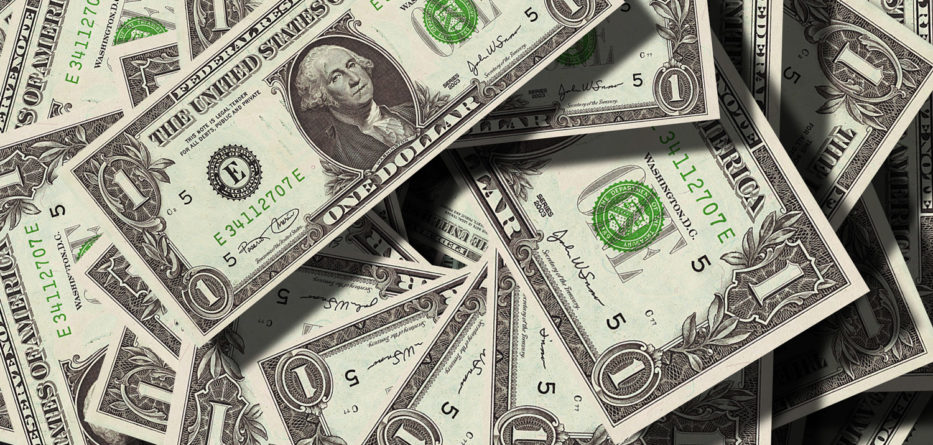Late on Wednesday, March 25, 2020, the United States Senate, with a vote of 96-0, unanimously passed the “Coronavirus Aid, Relief, and Economic Security Act” or the CARES Act. At a cost of $2 Trillion Dollars, it is the largest economic stimulus package in U.S. history. Speaker of the House, Nancy Pelosi (D-CA), stated today that “this legislation will be passed by the House of Representatives on Friday”. The President is also ready to sign the bill.
The speed at which this legislation passed was breathtaking. Republicans introduced this bill on March 19th, and it is currently set to be signed into law on Friday, March 27th. Democratic negotiators made significant changes to the Senate version, and has made $350 Billion Dollars available to Small Businesses, which are defined as “any business concern, private non-profit organization or public non-profit organization, and other small business organizations which employee not more than 500 employees, in addition to small business concerns.
The CARES Act is a critical step to help U.S. workers and Small Businesses negatively impacted by the COVID-19 outbreak. As many Americans cannot go to work or open their businesses right now, many are on the brink of bankruptcy. Many small businesses have limited cash reserves to survive any extended time without revenue. The CARES Act will provide small business owners desperately needed capital to survive this the economic crisis caused by the COVID-19 outbreak.
Although the final bill is not even ready for the House of Representatives to review, below is a summary of the CARES Act, as introduced by the Senate and includes information provided by Senators and House Members who were directly involved in the negotiations.
MAXIMUM LOAN AMOUNT
The maximum loan amount is the lesser of 1) the average of certain expenses (payroll, mortgage payments, rent and payments on other debt obligations) x a factor of 4; or 2) $10,000,000. Although some Senators and House members who were part of the negotiations have stated that gig workers, freelancers and other contract workers can be counted as part of the “payroll,” the language of the final legislation is not out yet. The original senate version defines “payroll” as that amount paid to “employees”, for whom taxes were withheld. We will update this article when the final language of the CARES Act is available.
ALLOWABLE USES OF THE SBA LOAN PROCEEDS
Loan proceeds received under the CARES Act may be used for allowable business expenses under Section 7(a) the Small Business Act, it may also be used for payroll, mortgage payments, rent under a lease agreement, utilities and other debt obligations of the business.
PAYMENTS ON THE SBA LOAN
Payment Deferral is required for impacted borrowers for a period of not more than 1 year.
LOAN FORGIVENESS
The SBA will forgive the loan to the extent that loan proceeds are used for the cost of maintaining payroll continuity during the covered period.
For more information please feel free to contact J. Ramirez at jr@premieradvisorscorp.com
Premier Advisors Corporation, An Accounting, Tax and Advisory Firm.






